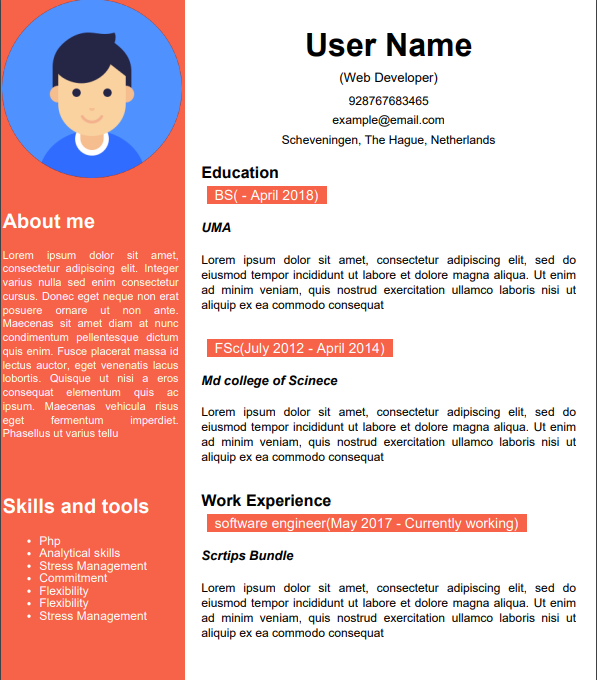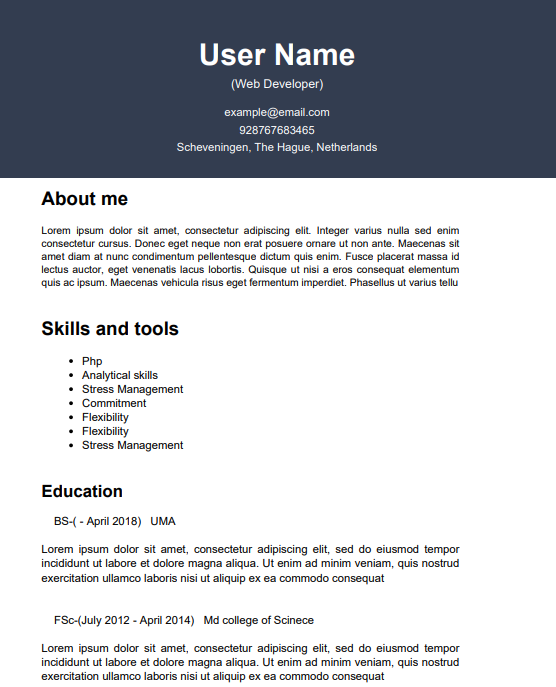The Rise and Fall of George Reynolds: A Tale of Ambition and Controversy in English Football
In 1999, an eccentric local businessman by the name of George Reynolds made headlines when he showed up at one of England’s oldest football clubs, Darlington, with a wheelbarrow full of cash and grand promises of top-flight football.
Little did anyone know that this was just the beginning of a tumultuous journey that would ultimately end in disappointment and controversy.
Reynolds was no ordinary businessman. Prior to his foray into football ownership, he had a criminal record, having served three stints in prison for blowing up shop safes with explosives. However, by the time he acquired Darlington, Reynolds claimed to have turned over a new leaf.
He had amassed a fortune of £260 million through the sale of kitchen cabinets and even boasted of living next door to the Spice Girls.
With big ambitions and deep pockets, Reynolds set out to transform Darlington. He promised Premier League football and unveiled plans for a 25,000-seater stadium, a bold move considering the club’s average attendance was a mere 2,000.
True to his word, Reynolds invested £20 million in the new ground, which he proudly named the Reynolds Arena. The stadium was equipped with lavish features like marble self-flushing toilets and gold-plated taps, earning Reynolds overnight celebrity status, even landing him an appearance on the Oprah Winfrey Show.
Reynolds’ ambitions didn’t stop at the stadium. He attempted to sign high-profile players like Paul Gascoigne and Faustino Asprilla, with the latter even paraded around the pitch in Darlington’s colours. However, things quickly went downhill. Asprilla got cold feet and fled to the Middle East, sensing something amiss with Reynolds’ grand plans.
The financial reality soon caught up with Darlington. Despite moving into their new stadium in 2003, the club struggled to fill the 23,000 empty seats every week. In 2004, Reynolds’ relationship with the local media turned sour, particularly with Northern Echo editor Peter Barron.
Reynolds retaliated by erecting an enormous billboard outside the stadium with scathing headlines about Barron, including accusations of him being gay. He also made threatening visits to Barron’s house and offered one of Barron’s colleagues a wrestling match in the town square.
Reynolds’ troubles didn’t end there. In 2004, he was stopped by the police and found with £500,000 in a suitcase in his car, leading to his imprisonment for tax evasion. After his release, Reynolds faded from the limelight and spent his days running an e-cigarette shop in Durham.
As for Darlington, the club fell into administration twice more and was eventually relegated from the Football League in 2010. Today, they find themselves in the National League North, a far cry from the Premier League dream that Reynolds had once promised.
The story of George Reynolds and his brief but controversial ownership of Darlington is a cautionary tale of ambition gone awry in English football. It serves as a reminder that not all that glitters is gold, and the world of football ownership can be a challenging and unpredictable venture.
References:
- https://www.bbc.com/news/magazine-17664330
- https://www.theguardian.com/football/2004/nov/03/newsstory.sport2
- https://www.thenorthernecho.co.uk/sport/20819051.story-reynolds/


